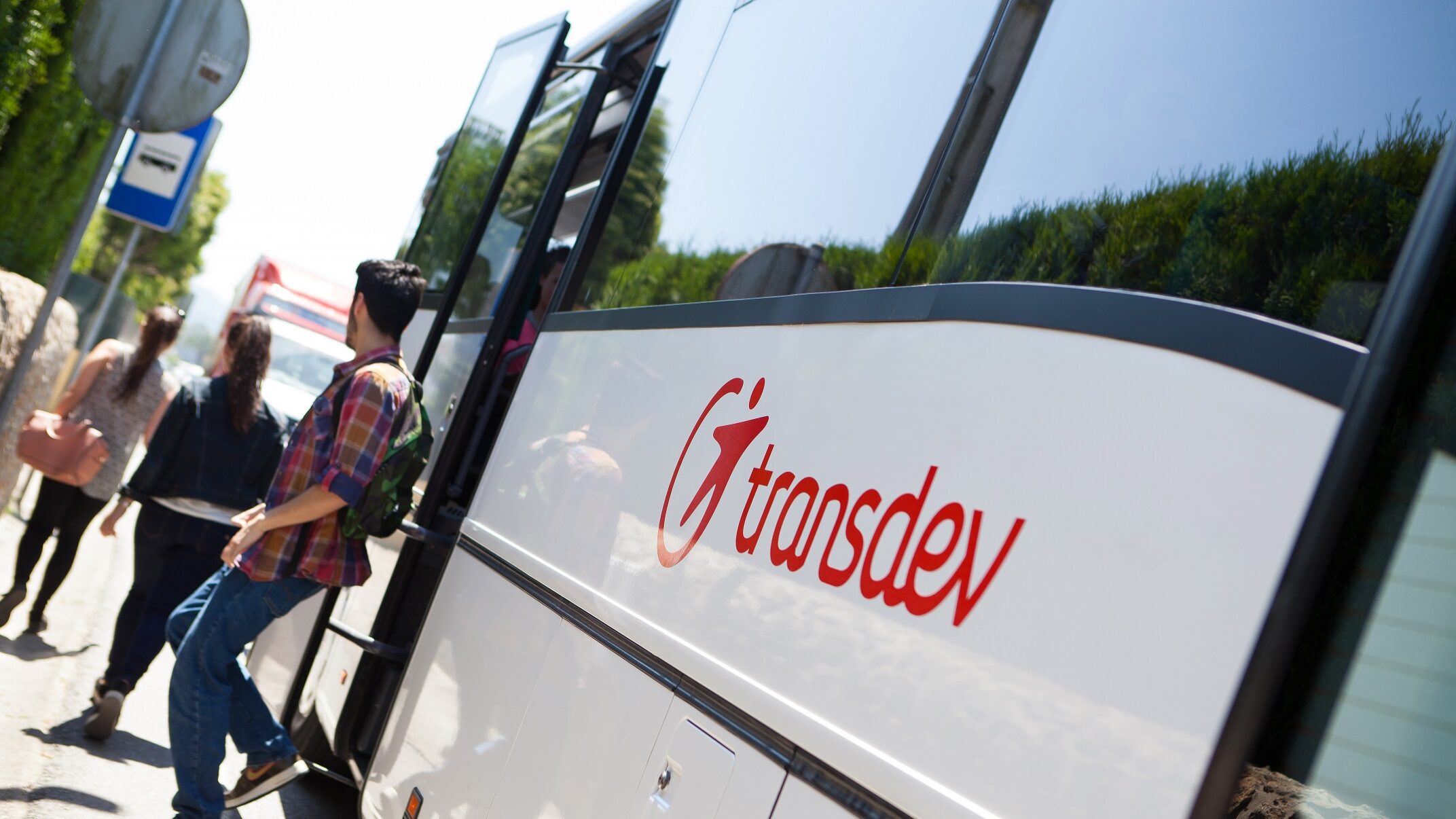Portugal/Spain: Common positions in the social economy
The two countries signed a memorandum on Wednesday, which reinforces the common positions of the two countries in the affirmation of the social economy in Europe.
Portugal and Spain signed a memorandum on Wednesday in Coimbra, which reinforces the common positions of the two countries in the affirmation of the social economy in Europe, particularly in the construction of the European Action Plan that will be completed by the end of the year.
The two countries “assume here a common position regarding the objectives and goals of the plan that is being built,” minister Ana Mendes Godinho told journalists, at the end of the signing of the document, along with Spain’s second vice president of the government and minister of labour and social economy, Yolanda Diaz Perez.
According to the Portuguese minister of labour, solidarity and social security, the memorandum of understanding provides the sharing of data and best practices in the sector and regular meetings between institutions representing the social economy in Portugal and Spain.
According to the minister, the sharing of good practices will be important in the implementation of the Recovery and Resilience Plan (PRR), which, in Portugal, “has a very strong area, particularly in terms of social housing, which provides for the expansion of support facilities for children and the elderly.
Ana Mendes Godinho said the social economy “has a decisive and crucial role to play in the rapid implementation” of the RRP.
“We have here several areas of the RRP where the social economy can be fundamental for a quick realisation, essentially in those areas of social residence, but also the dimensions of environmental and digital transition,” she stressed.
With the signing of the memorandum, Godinho stressed that “we are trying to learn from each other, how we can do better when there is a PRR instrument that opens the door to major investments in the scope of the social economy”.
The memorandum of understanding, which has a two-year time horizon, includes launching an Iberian competition to distinguish good projects and initiatives around the social economy.
“It is also a way for us to highlight innovative projects in the social economy, which can also be examples that can be replicated elsewhere,” she said.
In Portugal, according to Godinho, the social economy now represents more than 6% of employment and, “during the pandemic, it was evident that it was one of the areas that managed to create employment during the difficult periods that were experienced”.
The summit also included a debate on the “role of the academy in education and training for the Social Economy – the cases of the Academies of Coimbra and Valencia”. Researchers from these universities took part, including Álvaro Garrido, Maria Manuel Leitão Marques and Filipe Almeida.
Juan António Pedreño, president of the Spanish Confederation of Social Economy and Francisco Silva, director-general of the Portuguese Confederation of Social Economy, approached the role of the Social Economy Confederations in the European policies for Social Economy.
The Local Volunteering Bank of Coimbra protocol was also signed between António Sérgio Cooperative for the Social Economy (CASES) and Coimbra City Council”.
The Iberian Summit of the Social Economy was held in the Convent of St. Francis, as part of the European Capital of Social Economy 2021, a network with five Portuguese cities as organisers, including Coimbra.

